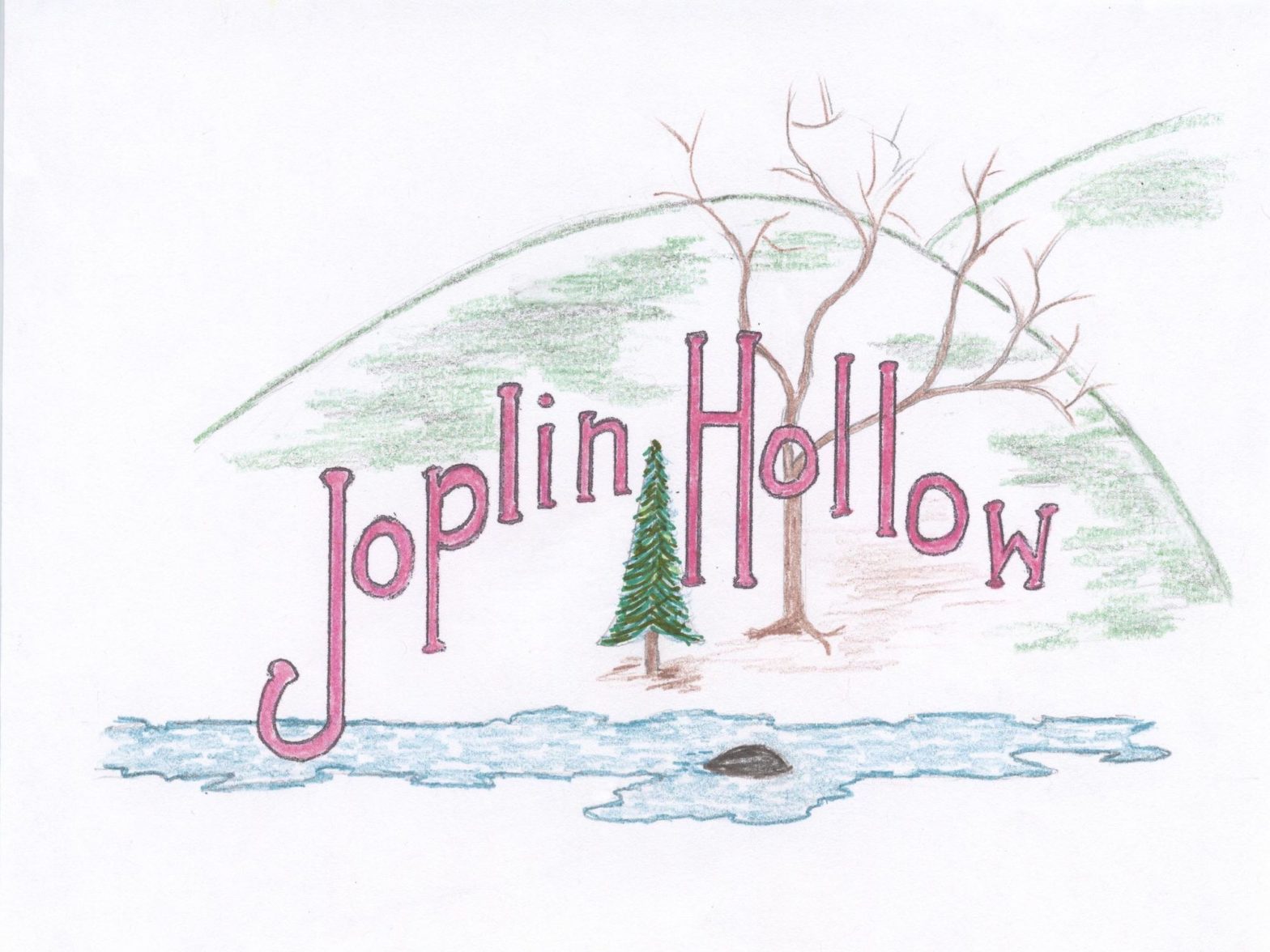This happened in the spring of 1948. Alice and I were juniors in high school, totally wrapped up in the band. Alice, by that time, had become a really fine flutist, and played with the Charleston Symphony Orchestra. She was fiercely dedicated, and was by far the more accomplished musician of the two of us. I, on the other hand, was into 40s style big band jazz, along with my affection for bluegrass and other music styles. But — aside from my baritone sax, I did have a special instrument: a chromatic harmonica, upon which one could play the most sultry chords and melodies.
Our band director, Pete Raspillaire, was a member of the local Lions Club. (Huh? How did we know that? Well, we didn’t.) We didn’t until he asked us to stay after band class one day, which had Alice and me looking at each other with raised eyebrows. When the band room cleared, he sat down with us and said that we were going to perform at the Lions Club Spring Minstrel Show, and annual fund raiser for the club.
One never questioned Pete. If he said something, it was so. But as we looked at him quizzically, he simply told us the dates — two nights — and to work it out; we were to perform some kind of music for the cause. No mention of what kind of music, or which instruments. I assumed he meant flute and saxophone, so he was in for a small surprise. (It occurred to me much later that, being the local band director, the club had told Pete it was his job to provide musical entertainment for the show.)
Being my usual brain-dead teenage self, I had no idea what a “Minstrel Show” was. We asked at home, and were told it was entertainment in which white “folks” dressed up like “black folks,” along with blackened faces, and did comedy for an all-white audience. Of course, the history books say the Minstrel shows were hugely popular in white America at that time. Online photos of blackface actors and playbills will jar your senses.
That’s what it was, and we were there. So Mom fixed us up in matched outfits: Alice in a dress of course (in 1948 it was a dress or skirt and top, never ever pants or slacks), and I in my khakis and long-sleeved shirt. After visiting a rehearsal for about 10 minutes when we were shown when and where to make our appearance, we were ready.
What we didn’t understand was the blackface. At the rehearsal all the Lions were just regular people; they hadn’t blackened their faces nor were they in costume. So on the night of the show, we were peeking out from backstage and saw all that and were well, stunned. But when our cue came we went on stage, smiled, bowed, curtsied, and did our act.
Alice with her flute, I with the harmonica, played the great Perry Como hit “Temptation.”
Talk about sultry. That song was made for my harmonica: C Major chord to C# Major and back, simply by pressing the side button. Damn, I was cool! And of course, the flute solo was equally exotic. We received a roaring ovation, and cries for an encore. We were ready. I played a solo on Waiting for The Robert E. Lee, followed by our singing of that Mississippi River showboat song in harmony. Then another harmonica chorus and out. More applause.
That was our debut in show business. Talk about mixed emotions. We loved the experience of public performance, and the applause, but were really frustrated by the shock of blackface. We just weren’t ready for that. While we had knowledge of the issue of race, we hadn’t encountered the bald reality of racism in any real sense. We both went on to solo performances which weren’t scarred by that experience. Alice played beautifully with various groups, while I eventually turned to the baton as my performance medium. I can say, and Alice would agree, that to please an audience with one’s talent is truly exciting and rewarding. And if Alice could say so, she would agree that our debut was a terrific experience in spite of the strange circumstance. And the best part of it all was that we did it together. We were a real twin-brother-sister act in every way in those days. Being a twin can’t be described, so I’ll leave it at that.

